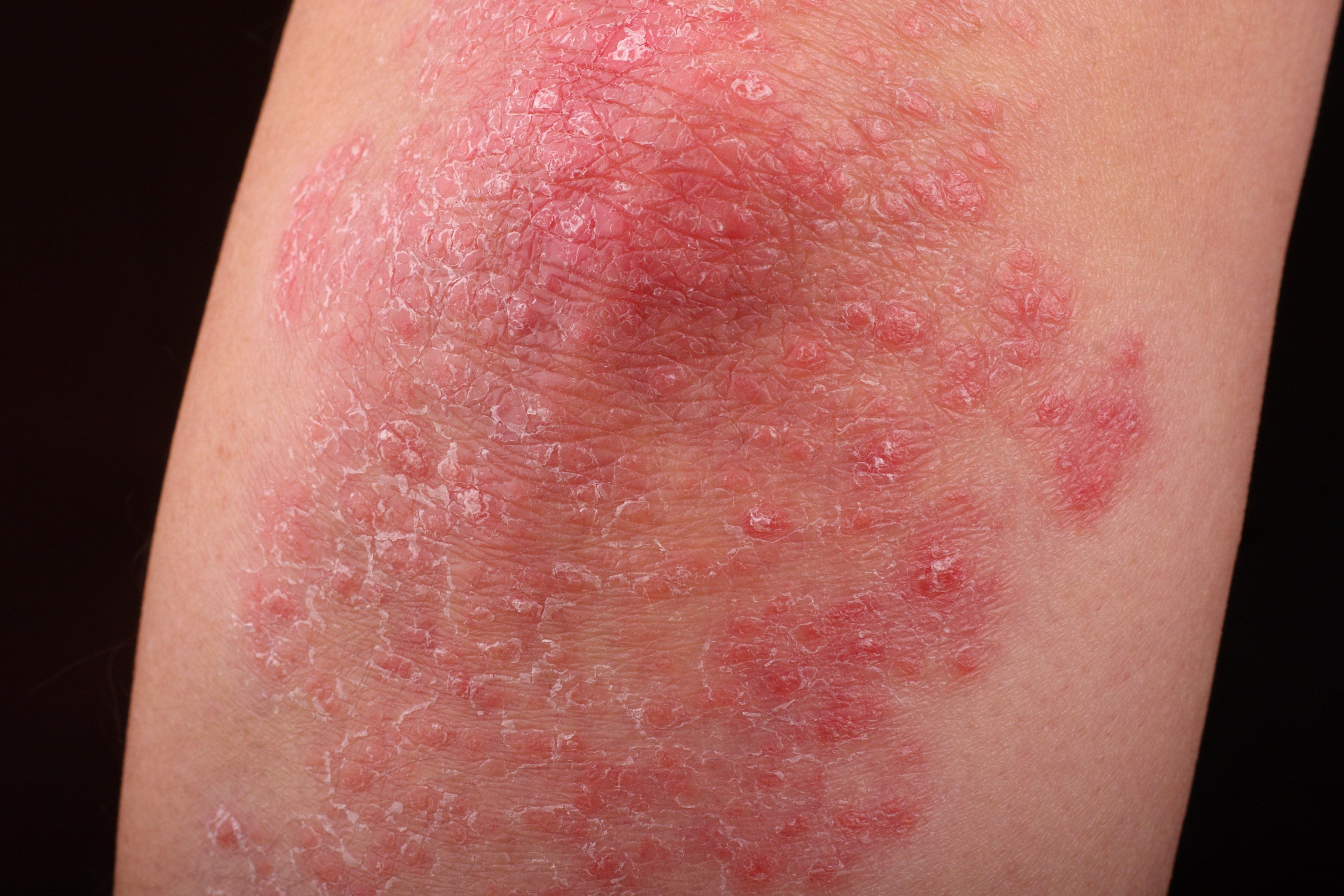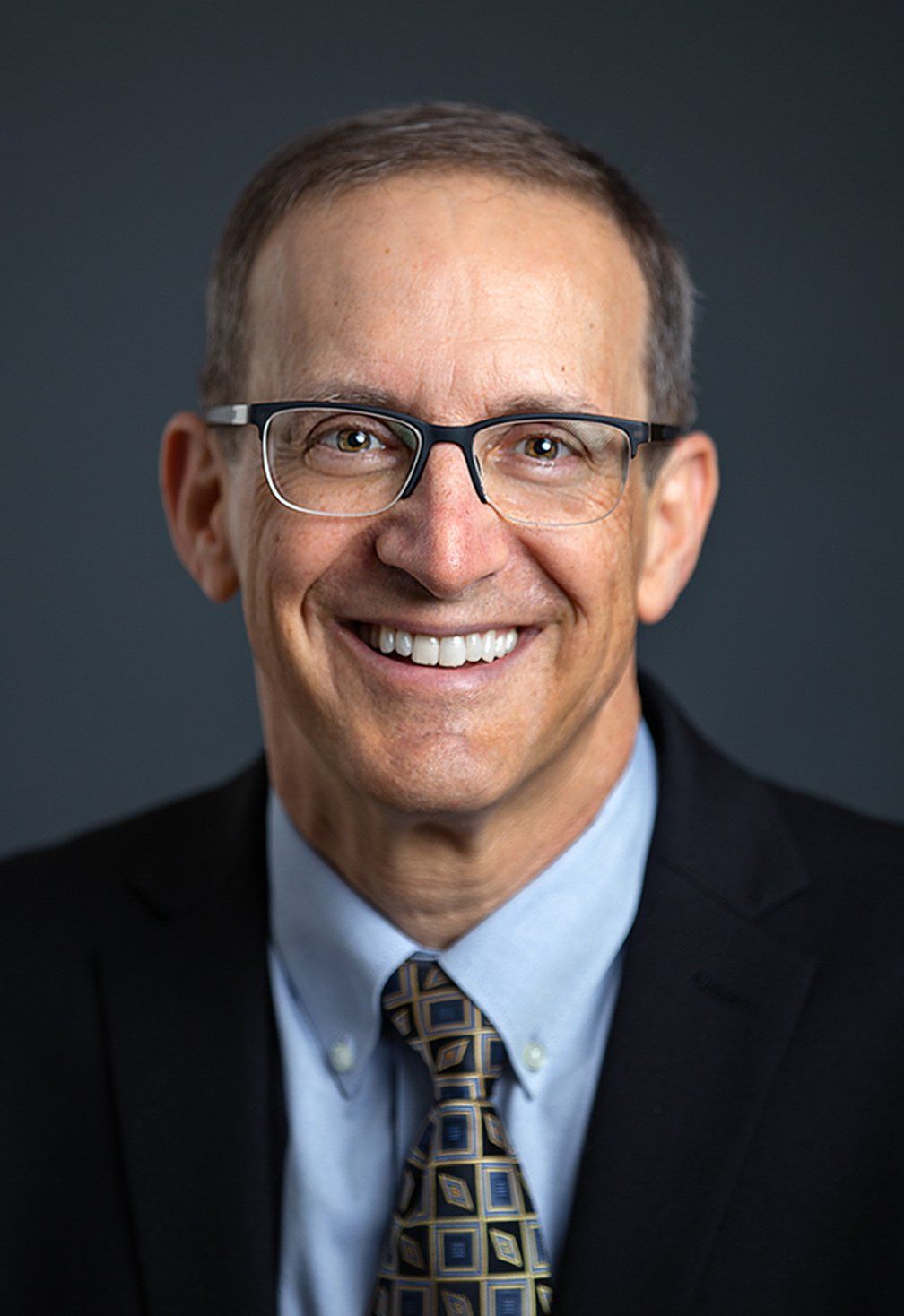- Case-Based Roundtable
- General Dermatology
- Eczema
- Chronic Hand Eczema
- Alopecia
- Aesthetics
- Vitiligo
- COVID-19
- Actinic Keratosis
- Precision Medicine and Biologics
- Rare Disease
- Wound Care
- Rosacea
- Psoriasis
- Psoriatic Arthritis
- Atopic Dermatitis
- Melasma
- NP and PA
- Skin Cancer
- Hidradenitis Suppurativa
- Drug Watch
- Pigmentary Disorders
- Acne
- Pediatric Dermatology
- Practice Management
- Prurigo Nodularis
- Buy-and-Bill
Article
Anti-TNF therapies may not contribute to cancer risk
Author(s):
A Danish study suggests that TNF inhibitors may not increase the risk of developing recurring or new primary cancers in patients with inflammatory diseases.

Dr. Feldman

A recent population-based cohort study lends statistical support to prior observations that patients with a history of cancer who are treated with TNF inhibitors for inflammatory disorders face no associated risk of recurrent or new cancers.
RELATED: Anti-TNF therapy may be less effective in women with psoriasis
Studies examining whether anti-TNF therapies affect the risk of recurrent or new primary cancer development among patients with a history of cancer are limited, write authors led by Akbar Waljee, M.D., of the VA Ann Arbor Healthcare System. Although several observational studies have suggested no such associations, they lack statistical power to guide clinical practice and fail to address questions such as whether physicians should withhold anti-TNF therapy for a minimum time period after someone develops an initial cancer.
"Our real-life observational study provides the scale and duration of follow-up needed to address the safety of anti-TNFα therapy in people with a history of cancer, with a hazard ratio (HR) of 0.82 (95% confidence interval 0.61-1.11) for recurrent or new primary cancers in patients with inflammatory bowel disease (IBD), rheumatoid arthritis (RA) or psoriasis exposed to anti-TNFα therapies," write Waljee et al.
The study is very reassuring, says Steven R. Feldman, M.D., Ph.D., who was not involved with the research.
"People worry that if you affect the immune system, you're going to increase cancer risks. We worry less with the more targeted treatments that we have nowadays like the interleukin-17 (IL-17) drugs and IL-23 drugs. But it's nice to know that if there's an increased risk of cancer with TNF inhibitors, it's too small to detect, even with a very large study," says Dr. Feldman, professor of dermatology, pathology and public health at Wake Forest University School of Medicine.
Using three Danish registries, investigators selected 434 subjects with IBD, RA or psoriasis and a history of primary cancer diagnosed between 1999 and 2016 who underwent anti-TNF therapy. They were matched 1:10 with patients who had histories of the same autoimmune conditions and cancer but no TNF exposure.
RELATED: Phase 3 results show risankizumab outperforms secukinumab
During 18,752 person-years of follow-up, or a median of 5.6 years, 635 patients (72 in the anti-TNF group) developed a recurrent (110) or new primary cancer (525). Median time between anti-TNF treatment and recurrent or new primary cancer diagnosis was 2.8 years. Cancer incidence per 1,000 patient-years was 30.3 cases in the anti-TNF group versus 34.4 cases in the control group.
Subgroup and sensitivity analyses were robust. Excluding nonmelanoma initial primary skin cancers, researchers found an HR of 1.09 for developing any cancer between TNF-exposed and unexposed patients. The corresponding HR for exposure to other immunosuppressants was 1.04. Likewise, researchers found no increased cancer risk when they examined recurrent and new cancers separately, or whether patients had taken anti-TNF therapy less than two years versus two years or later after their initial cancer diagnosis.
Regarding limitations, Waljee et al. write that although using a large population-based cohort facilitated a large sample size and lengthy follow-up, they could not rule out development of delayed recurrent or new primary cancers, or persistent initial cancers that might influence the prescription of anti-TNF treatment.
"We were also unable to control for stage of cancer, which might confound our results, because lower stage cancers are generally less likely to recur," they write.
According to Dr. Feldman, the study is helpful for reassuring those who are worried about the theoretical risk of cancer development with TNF inhibitors.
"TNF inhibitors are no longer the number-one go-to treatment for psoriasis. But many people are still on them because they started on them before we had the newer agents. It's nice to know that if TNF inhibitors have any risk of cancer associated with them, it must be exceedingly small,” he says.
Disclosures:
Dr. Feldman has received research, speaking and/or consulting support from Abbvie, Advance Medical, Almirall, Alvotech, Boehringer Ingelheim, BMS, Caremark, Celgene, Eli Lilly, Galderma, GSK/Stiefel, Janssen, LEO Pharma, Menlo, Merck, Mylan, National Biological Corporation, Novan, Novartis, Ortho Dermatologics, Pfizer, Regeneron, Sanofi, Samsung, Sun Pharma, Suncare Research and Qurient. He also consults for other organizations through Guidepoint, Gerson Lehrman Group and other consulting organizations.
References:
Waljee AK, Higgins PDR, Jensen CB, et al. Anti-tumor necrosis factor-α therapy and recurrent or new primary cancer in patients with inflammatory bowel disease, rheumatoid arthritis, or psoriasis and previous cancer in Denmark: a nationwide, population-based cohort study. Lancet Gastroenterol Hepatol. 2019 Dec 10. pii: S2468-1253(19)30362-0. doi: 10.1016/S2468-1253(19)30362-0. [Epub ahead of print]





